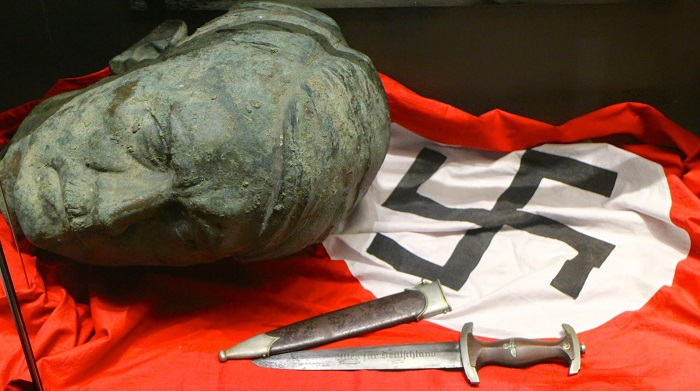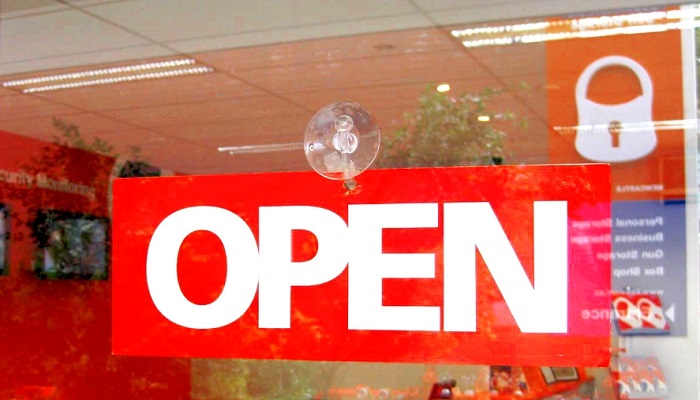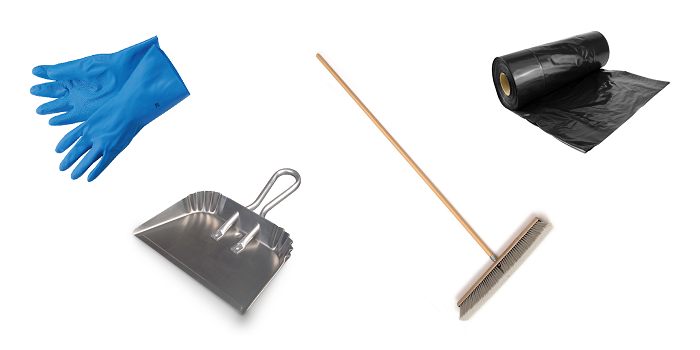With the recent arrest of Tyreek Wilkerson over his discovery of child pornography in a storage unit, many auction hunters may be wondering just what they should do if they find inappropriate materials at their next auction. Pornography of all kinds – including child pornography – tends to show up in storage units pretty often. Learning what to do before you're faced with the actual issue is an important step to keeping yourself safe.
First, if you haven't been following the case, here's what happened to Wilkerson: He purchased a storage unit at an auction and discovered pornographic materials inside. Instead of turning them into the police right away, he chose to throw the materials in the trash and take other items from the unit, including cameras and lighting equipment, back to his home. This was the wrong choice, and it swiftly led to his arrest for obstructing a police investigation.
If you're ever in Wilkerson's shoes and find illegal material of any kind in a storage unit – whether it be pornography, drugs, stolen items or anything else that looks fishy – you need to report it right away. Don't even bring the items out of the unit. Instead, alert the facility manager and the police, and let the cops come check out the unit's contents before you mess with them. You never know when the items in a storage unit might be the crucial evidence in a criminal investigation, and withholding that evidence from the police is a serious offense.
In case you're wondering, this also applies to firearms. Guns are carefully regulated, and the local authorities will want to check that gun against a database to ensure it hasn't been used in any crimes and wasn't procured illegally. Treat any guns you find with caution and assume it will be confiscated; if it's not, you'll be happily surprised, but if it is, you won't be disappointed.
So that explains what to do with illegal materials, but what about regular pornography?
The first option, of course, is to throw this material away. If you're easily offended by such things, it makes sense that you wouldn't want to resell them. If you do choose to go this route, just be careful to dispose of them in a place that curious young eyes can't get hold of them, and get on with your life.
But that's not the most profitable choice. The thing about adult materials like “toys” and pornography is that it can be both difficult to sell and, at times, surprisingly lucrative. If you don't mind doing a bit of research, you might discover that you have an issue or image that holds collector's value. Even if not, many places will buy adult videos and even magazines. Call around some of the “adult” shops in your area to see if anyone is interested in buying.
If all else fails, you can also resell these items over the Internet. You can sell adult-themed items on eBay as long as they're legally obtained. There are also adult-themed websites that can be used for this purpose. If you frequent a lot of storage auctions, it might be in your best interests to get familiarized with a few adult sites or stores so you can make a bit of money from these units.








